Environmental Sustainability
Sutton Music Trust is committed to addressing the urgent global challenge of environmental sustainability and recognises its responsibility to the environment beyond legal regulation and external funding conditions.
This policy outlines our approach, progress, and future intentions in mitigating our environmental impact and contributing positively to the climate crisis. As directed by the Arts Council’s Additional Conditions for 2023-24, section 10.2, and the Environmental Responsibility Resource Hub, we recognise the need for comprehensive action across various domains to drive change.
Our Approach
- Curriculum: Where opportunities exist, we will incorporate environmental themes and concepts into our curriculum, encouraging students to understand the importance of sustainability through music education.
- Buildings and Operations: We aim to minimise our carbon footprint by improving energy efficiency, reducing waste, and adopting sustainable practices in managing our facilities and resources.
- Collaborative Partnerships: We will collaborate with partners who share our commitment to environmental sustainability, fostering a network that supports and advances eco-friendly initiatives.
- Professional Development: We will signpost our staff to carbon literacy training to raise awareness and empower them to make sustainable choices in their personal and professional lives.
- Organisational Culture: We will foster a culture of environmental responsibility, encouraging mindful consumption, waste reduction, and eco-conscious decision-making among our employees, students, and partners.
- Travel and Digital Solutions: We will promote sustainable commuting options and explore digital alternatives to reduce the need for travel, thereby lowering our carbon emissions.
- Governance and Procurement: We will integrate environmental considerations into our governance framework and procurement processes, ensuring sustainability is a core aspect of our decision-making.
- Resources and Programming: We will emphasise the responsible use of resources in our programs, opting for eco-friendly materials whenever feasible and raising awareness among students and participants.
Initiatives
- Travel & Transport: To remove unnecessary travel and highlight sustainable alternatives where they exist.
- Planning tutor teaching schedules to reduce unnecessary travel from venue to venue.
- Highlight options to use public transport instead of travelling by car.
- Encourage tutors to travel by bicycle where possible.
- Plan events to reduce the need for unnecessary transportation of equipment.
- Where appropriate, use alternatives to travel, e., online meetings via Teams, telephone conversations, and other digital solutions.
- Plastic & Paper Free Initiatives: We commit to minimising single-use plastic and paper across all our events and activities.
- Avoid single-use plastic and packaging.
- Reduce paper use through digital communications and marketing, e.g. digital concert programmes.
- Reuse printed sheet music parts and share digital versions via StudyPlan with students rather than making photocopies where possible.
- Students are encouraged to attend lessons and rehearsals with a reusable drink bottle.
- Energy & Water: We commit to reducing our energy consumption as an organisation.
- Switch off electrical equipment and lights when not in use.
- Be conscious of heating and energy consumption.
- Evaluate power consumption when making new purchases.
- Recycle and Reuse: We are committed to reducing waste and looking for sustainable solutions.
- Where possible, instruments are repaired rather than purchasing new ones. Where instruments have met the end of their useable life, they are disposed of responsibly.
- Concert dress uses items that young people are likely to have, e. school shoes, black or grey school trousers or skirt, a black shirt or blouse, rather than requiring parents to purchase branded items that students will only get limited use from.
- Only purchase items that we need.
- When ordering new equipment and office supplies, look for environmental credentials.
Alignment with DfE Strategy
Our environmental sustainability strategy aligns with the DfE’s sustainability and climate change strategy by fostering a culture of responsibility, reducing our environmental impact, and integrating sustainability into our education and outreach efforts.
Conclusion
As leaders within the music education sector, we are committed to championing, educating, and advocating for environmental sustainability. By combining innovation, creativity, and thoughtful perspectives, we are dedicated to driving positive change for our environment and future generations.
Published August 2023


